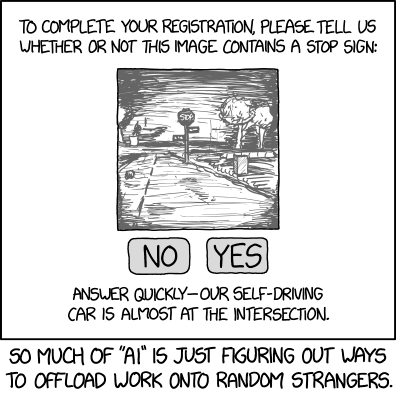I’m glad I read
The Lies They Tell first.
I wish Tenenbom had tried to use different fonts to distinguish observations, fantasies, and questions. Other people's responses are in quotations, but he mixes then and later musings together freely.
Early on in I Sleep in Hitler's Room he meets a friendly hardline Nazi in Club 88, who thinks he’s a fellow-traveler. He is appalling. So are the friendly Turks and other Muslims who also hate Jews. So is the willful blindness of the other Germans and the media to the Muslim hatred of Jews. Thus far there's nothing terribly controversial in the book—if you look hard enough you can find Nazis, Muslim attitudes towards Jews are well known, and so is the make-believe about those attitudes.
He "discovers" the equally-well-known connection between leftist politics and detestation of Israel. Since German politics tends left—surprise! Disproportionate condemnation of Israel. (When challenged about Chechnya or other problems, most of those he talks to seem to have no notion of what he's talking about.)
Having read The Lies first, I’m a bit suspicious of his sampling for this book. He claims in the preface that it is representative, and tells the story of how his publisher screamed at him and refused to publish the book without multiple changes and deletions. (The publisher tells a different story.)
This is important, because one claim that crops up over and over is that the Jews run finance and governments. Is the attitude really that widespread?
Tenenbom makes numerous wry references to how he ought to spend his share of this vast wealth Jews allegedly control. It is humorous at first, but after a while I noticed how much he was spending. No, he doesn’t run Goldman Sachs, but a New York theater director doesn't seem to have to make the same hard financial choices as most of the rest of us.
That Jews are disproportionately represented in such positions is well known. It is perhaps less well remembered that they are also disproportionately represented among Nobel Prize winners and other measures of accomplishment (as opposed to control). So perhaps the attitude is widespread. It doesn't appear in the circles I frequent. It does show up in online comment sections--but I've no way to estimate how common it is in the general public.
One scene, in which a family invites him to dinner, ends with him leaving the man crying. Tuvia doesn't come across as the most pleasant of guests.
He finds a staggering number of Germans who allege a Jewish grandparent, and pretty much everybody asserts that either their parents 1) had no idea what was going on or 2) never talked about it. He also finds references to Israel or the Holocaust everywhere, and professes to be annoyed with it.
Two of his favorite opening questions are "Are you proud to be a German?" and "What does it mean to be German?" The latter is probably not answerable, and the former isn't much better.
IIRC, after WWII, the Allied powers had a problem: they could assert (with some accuracy) that the bulk of the Germans were complicit in crimes, and try to punish accordingly. Or they could distinguish Nazis from normal Germans, and blame the Nazis—who were plainly more guilty. What eventually resulted seems to have been a hybrid: officially the Nazis are blamed and ordinary Germans absolved, but unofficially everybody equates WWII Germans and Nazis, and blames Germans in general. The former seems like a recipe for encouraging people to try to hide everything, pretend it didn't happen, and try not to draw attention to themselves—and maybe the poison would decay away with the next generation. In practice it seems to me as though people were asked to take a kind of attenuated blame for something they felt officially absolved for. I wonder if that would encourage ways of "baming the victim." Mix that (especially among the guiltless second and third generations!) with the popular leftist rule of "blame the powerful," and concentrating on Israeli villainy seems to follow naturally.
Back to Tuvia: He concludes that German anti-Semitism has "to do more with the psychological history of the German than with thought-out anti-Semitism." "Polish anti-Semitism, as far as I can tell, is grounded in religion. Germany’s is grounded in psychology and narcissism." (ditto for Islamic anti-Semitism) "It will be much easier to make peace between Israelis and Palestinians, and between Arabs and Jews in general, than to uproot the Jew hate of the German. The first two are on the table, no surprises; the third is wrapped in heavy brainy arguments and eye-blinding magical color shows in addition to being hidden behind the many masks so common to our present-day Western culture."
Hold the phone. Jew-hatred grounded in religion is "on the table?" Tuvia was raised Orthodox, but is no longer religious, and it shows.


